7 ESG ETFs to Buy for Responsible Profits
Investors are rapidly moving toward investing with environmental, social and corporate-governance (ESG) qualities in mind.


Profit and prosper with the best of Kiplinger's advice on investing, taxes, retirement, personal finance and much more. Delivered daily. Enter your email in the box and click Sign Me Up.
You are now subscribed
Your newsletter sign-up was successful
Want to add more newsletters?

Delivered daily
Kiplinger Today
Profit and prosper with the best of Kiplinger's advice on investing, taxes, retirement, personal finance and much more delivered daily. Smart money moves start here.

Sent five days a week
Kiplinger A Step Ahead
Get practical help to make better financial decisions in your everyday life, from spending to savings on top deals.

Delivered daily
Kiplinger Closing Bell
Get today's biggest financial and investing headlines delivered to your inbox every day the U.S. stock market is open.

Sent twice a week
Kiplinger Adviser Intel
Financial pros across the country share best practices and fresh tactics to preserve and grow your wealth.

Delivered weekly
Kiplinger Tax Tips
Trim your federal and state tax bills with practical tax-planning and tax-cutting strategies.

Sent twice a week
Kiplinger Retirement Tips
Your twice-a-week guide to planning and enjoying a financially secure and richly rewarding retirement

Sent bimonthly.
Kiplinger Adviser Angle
Insights for advisers, wealth managers and other financial professionals.

Sent twice a week
Kiplinger Investing Weekly
Your twice-a-week roundup of promising stocks, funds, companies and industries you should consider, ones you should avoid, and why.

Sent weekly for six weeks
Kiplinger Invest for Retirement
Your step-by-step six-part series on how to invest for retirement, from devising a successful strategy to exactly which investments to choose.
Investors are rapidly moving toward investing with environmental, social and corporate-governance (ESG) qualities in mind. Global assets in ESG ETFs and other exchange-traded products (ETPs) more than tripled in 2020 to a record $187 billion, says ETFGI, an independent research and consultancy firm.
By February, that number had jumped to $227 billion.
As people's hunger grows for investments aligned with their own values, companies are putting a higher priority on many ESG measures ... while still keeping their eye on the bottom line.
"Given the growing investor focus on positive and negative screening, improvement in performance on ESG metrics is a key target of corporates. However, most are also seeking to ensure their actions improve economic efficiency too," Barclays strategists said in a recap of their inaugural ESG EM Corporate Day. "Plans to reduce emissions are closely aligned with cost reduction gains, for example. Or, if premiums emerge for low carbon products in the future, companies are keen to invest now in order to gain revenue benefit subsequently."
That dual focus is expected to keep ESG from being a mere "feel-good" investment that sacrifices performance, and instead a strategy capable of producing real alpha. However, given the difficulty in assessing individual ESG stocks by their various standards, ESG ETFs help provide investors with a basket of stocks (and even bonds) that meet a baseline of various "responsible" metrics.
Here are seven of the most interest ESG ETFs to buy if you're interested in joining the trend.
Data is as of April 20.
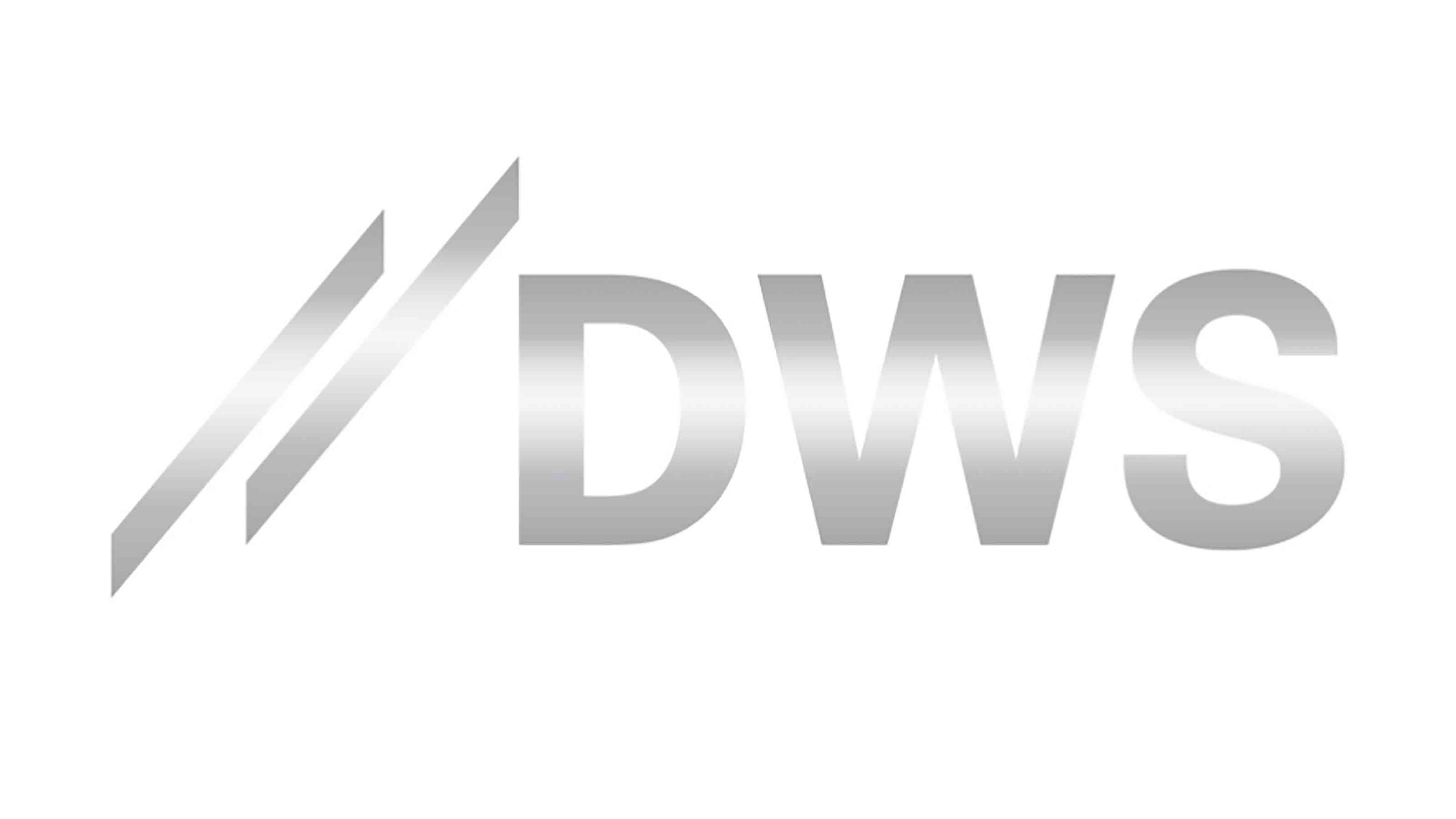
Xtrackers MSCI USA ESG Leaders Equity ETF
- Assets under management: $3.5 billion
- Expenses: 0.10%, or $10 annually on a $10,000 investment
The Xtrackers MSCI USA ESG Leaders Equity ETF (USSG, $38.03) is one of the largest and most liquid ESG ETFs on the market. At $3.5 billion in assets, it's in the top 10, behind products from "Big Three" providers BlackRock and Vanguard, as well as WisdomTree.
USSG tracks the performance of the MSCI USA ESG Leaders Index – a portfolio of more than 300 large- and mid-cap U.S. stocks that have high ESG rankings relative to their sector peers. The fund is only six months old, so it doesn't have much of a track record to look back on.
The MSCI USA ESG Leaders Index, however, has existed for well more than a decade. Since June 1, 2004, the index has experienced only three years with negative returns. It has averaged 15.2% in annual returns through March 31, which is only slightly less than the 15.9% of the MSCI USA Index, which consists of more than 600 large- and mid-cap U.S. stocks. Depending on the year, the ESG index actually outperformed – a reminder that you're not necessarily sacrificing much, if any, in the way of returns by investing responsibly.
The largest slug of the portfolio is in information technology (27.8%), including top holdings Microsoft (MSFT) and Google parent Alphabet (GOOGL). It also has significant chunks invested in consumer discretionary (13.5%), healthcare (12.7%) and communication services (12.0%).
The ETF itself is dirt-cheap too, charging just 10 basis points (a basis point is one one-hundredth of a percent) in annual expenses.
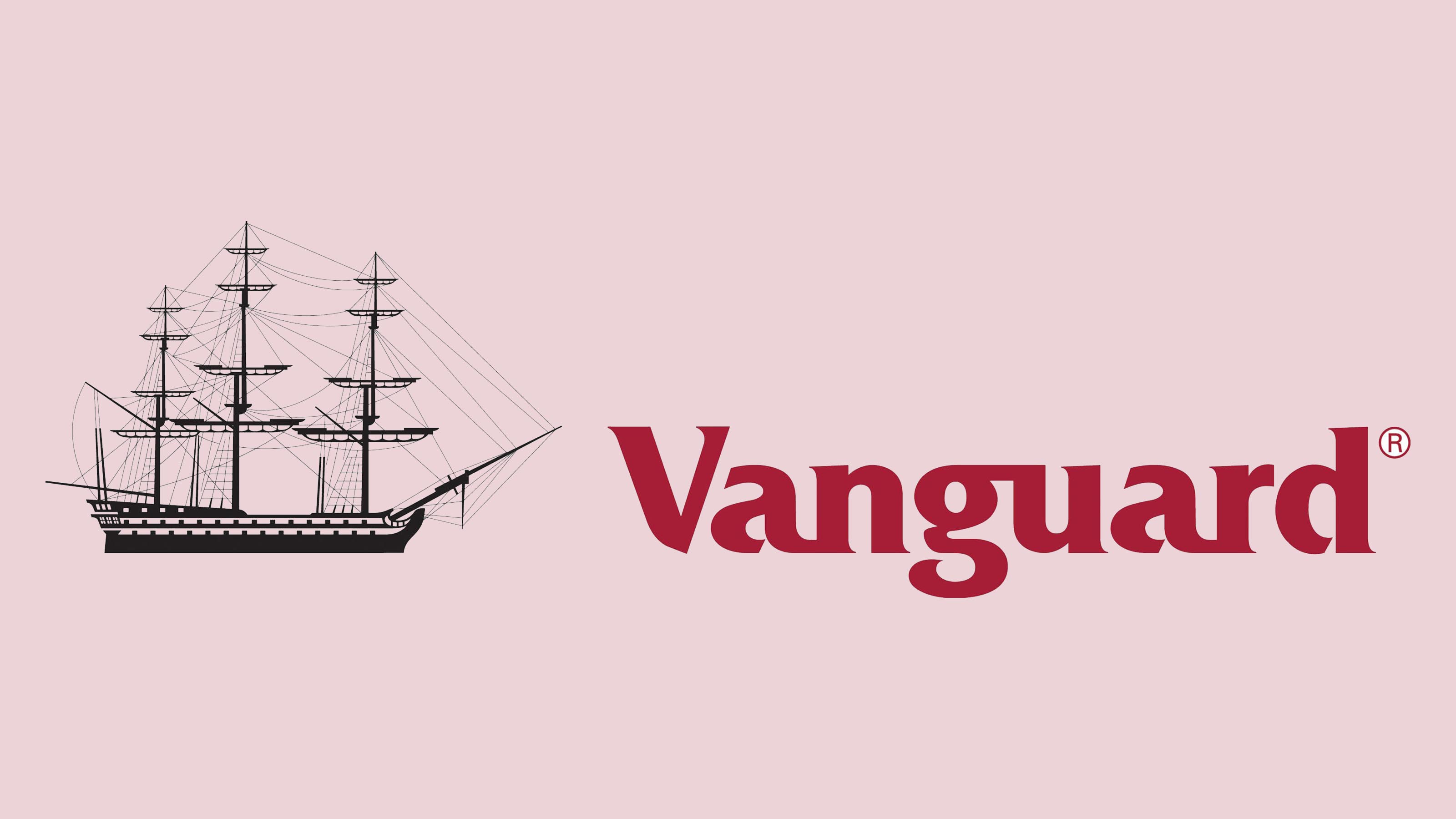
Vanguard ESG International Stock ETF
- Assets under management: $2.0 billion
- Expenses: 0.15%
If you're interested in geographical diversification, consider the Vanguard ESG International Stock ETF (VSGX, $62.65). It not only screens out adult entertainment, alcohol and tobacco, weapons, fossil fuels, gambling and nuclear power companies, but it also excludes companies that don't meet certain diversity and U.N. standards.
This ESG ETF tracks the performance of the FTSE Global All Cap ex US Choice Index. The index is a collection of nearly 5,000 stocks of all sizes across developed and emerging markets outside the U.S.
As of the end of March, 36% of the fund was invested in developed Europe, followed by 30% in the developed Pacific, 27% in emerging markets and the rest peppered across the globe. Japan makes up the largest slice of the pie at 17.6% of assets, followed by China (11.5%) and the U.K. (8.0%). Large-caps account for roughly three-quarters of the fund's holdings, with the rest spread among mid-, small- and micro-cap stocks.
VSGX is as complete as global ESG coverage gets. And all it costs is 0.15% annually.
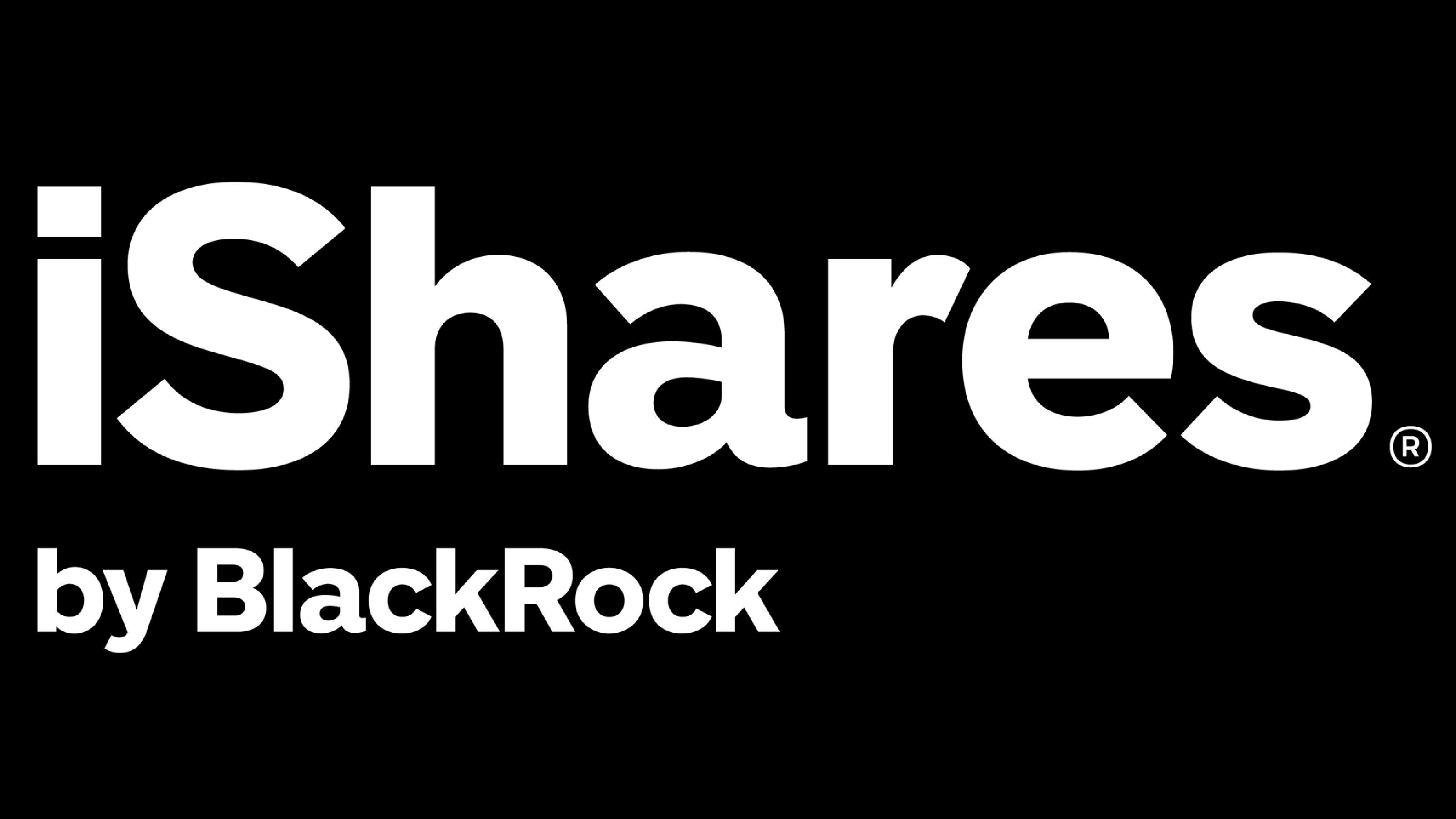
iShares ESG MSCI EM ETF
- Assets under management: $7.3 billion
- Expenses: 0.25%
Just as the U.S. economy is recovering, so too are emerging markets. Unsurprisingly, then, EM stocks are in the midst of a rally that's expected to continue right alongside that return to growth.
"We believe there is also an opportunity in emerging markets relative to developed markets, generally speaking, thanks to their diverging situations," says Brian Singer, Partner Head of the Dynamic Allocation Strategies Team and Portfolio Manager at William Blair. "The developed world has to address very significant social welfare commitments, and at the same time demographics and productivity aren’t there to provide support.
"So, where does the support come from? We believe it will come from emerging markets, via increasing migration, trade of goods and services, and capital flows. These things have been set back a bit recently, but should resume over time."
The U.S. might be considered a safer haven than EMs. But investors chasing growth may want to put a small portion of their funds in these countries' stocks.
The iShares ESG MSCI EM ETF (ESGE, $43.69) tracks the performance of the MSCI Emerging Markets Extended ESG Focus Index – a subset of stocks selected from a larger, market capitalization-weighted parent index that have favorable ESG characteristics and perform similarly to the parent index.
A couple dozen countries are represented, with China (35.6%), Taiwan (15.6%) and South Korea (13.8%) atop the geographical concentrations.
The fund isn't particularly top-heavy, either. The top 10 holdings only account for less than 30% of the portfolio, providing plenty of diversification among the remaining 340 or so emerging-markets stocks.
The price is attractive too. The fund's 0.25% in annual expenses are far less than the ubiquitous iShares MSCI Emerging Markets ETF (EEM, 0.70%), and competitive with many other options. However, it still is more expensive than the company's low-cost EM fund, the iShares Core MSCI Emerging Markets ETF (IEMG, 0.11%).
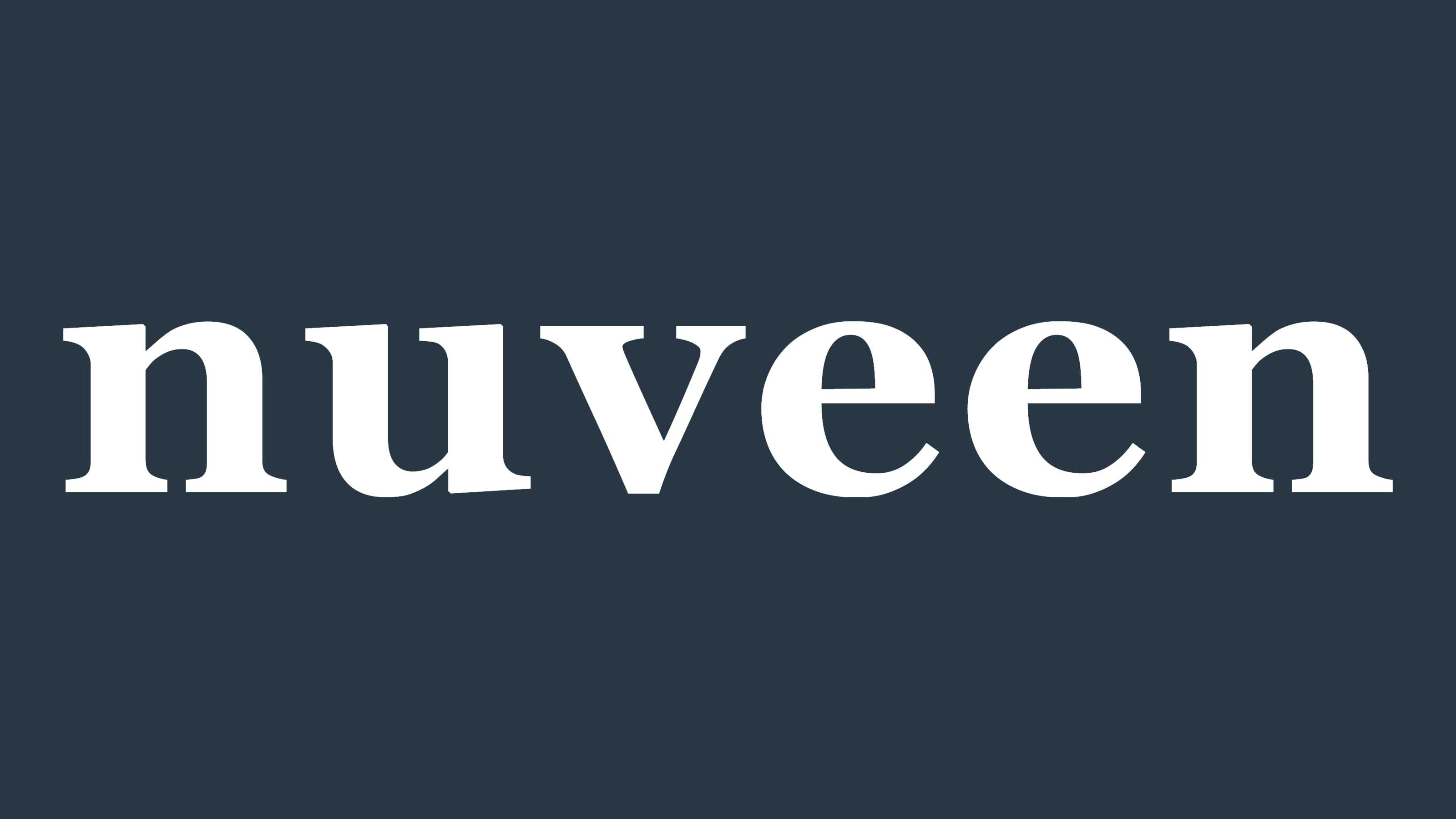
Nuveen ESG Small-Cap ETF
- Assets under management: $819.3 million
- Expenses: 0.40%
As more investors jump on the ESG bandwagon, additional ETFs are launching to meet increased demand across all the market's corners.
The Nuveen ESG Small-Cap ETF (NUSC, $43.16), launched in December 2016, is one of the few ESG ETFs helping investors to inject responsibility into their small-company exposure.
NUSC tracks the performance of the TIAA ESG USA Small-Cap Index, a group of small- and mid-cap stocks that adhere to basic ESG screening criteria. Companies excluded from the fund include those participating in the manufacture or sale of alcohol, tobacco, military weapons, firearms, nuclear power and gambling.
Despite the "small-cap" name, 31% of the fund is invested in mid-cap stocks. Still, the largest portion of the fund (more than two-thirds) is in small-caps, and the rest is in even-smaller micro-cap companies. Six sectors – information technology, industrials, financials, healthcare, real estate and consumer discretionary – boast weights of between 10% and 17%.
The ETF's turnover is 54%, which means it replaces its entire 673-stock portfolio every two years. That amount of trading does tend to drive up trading costs, which can weigh on performance. It also costs 0.40% in annual fees, which is more than double the popular iShares Russell 2000 ETF (IWM).
But Nuveen's ESG ETF has accumulated more than $800 million in net assets in its short time on the market. And it has rewarded its investors for their leap of faith, generating 16.4% in annual total returns over the past three years versus 13.2% for the IWM. That more than makes up for the higher management fee.
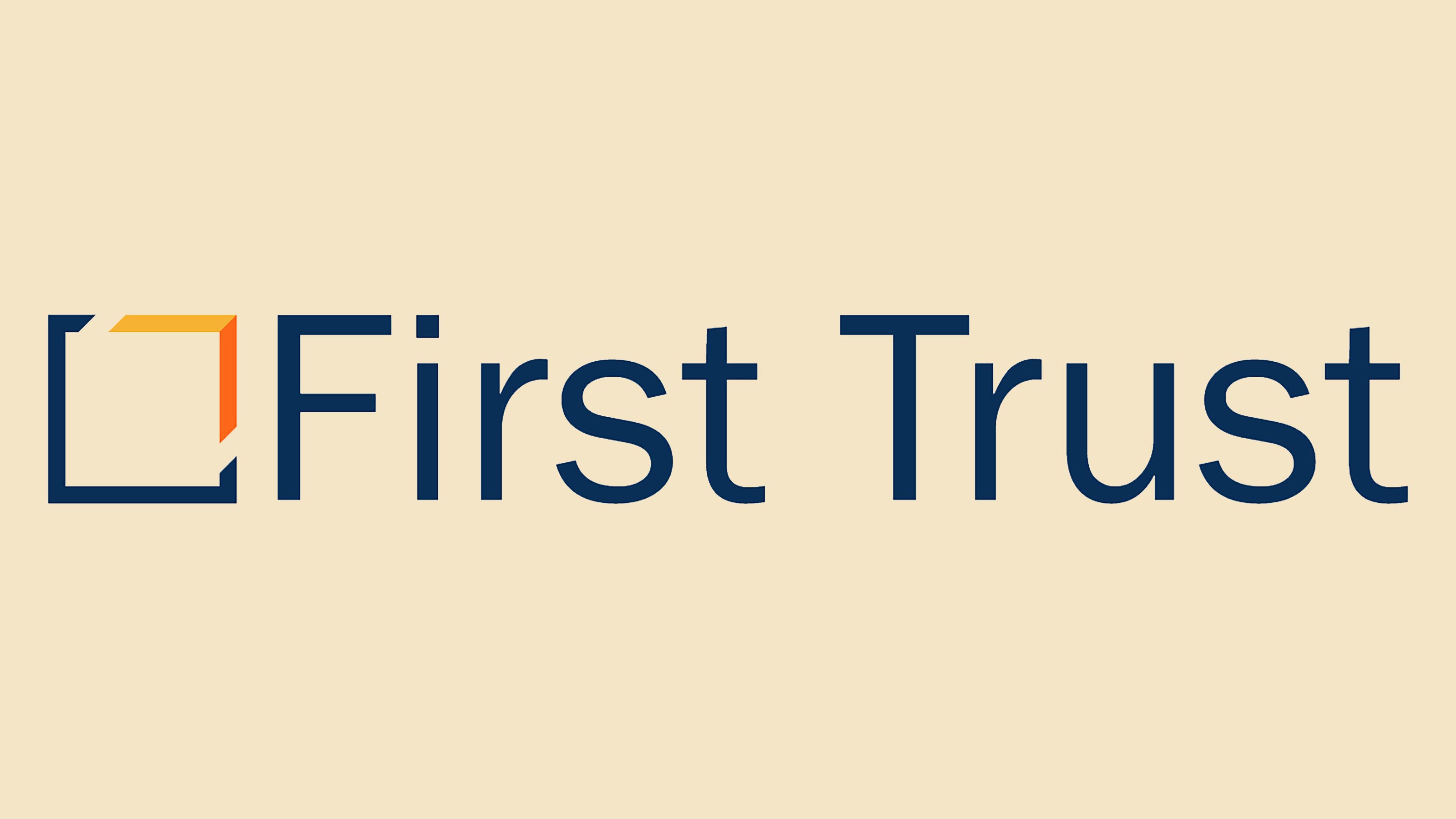
First Trust NASDAQ Clean Edge Green Energy Index Fund
- Assets under management: $2.6 billion
- Expenses: 0.60%
Clean energy ETFs did well in the months leading up to Joe Biden's victory in November, but they've cooled off since then.
Despite announcing a $2.25 trillion infrastructure plan on March 31, which is said to be one of the most significant investments in American jobs since World War II, the First Trust NASDAQ Clean Edge Energy Index Fund (QCLN, $62.84) is actually off 10.5% year-to-date – but it remains up 153% since the start of 2020.
This ESG ETF has been around for more than a decade, launching in February 2007. It's only in the last couple of years that it's begun to attract a real following. That might have something to do with its performance. Over the past year, it has a total return of 178.1%. Over the past three years, QCLN has had an annualized total return of 48.2%.
The ETF tracks the performance of the NASDAQ Clean Edge Green Energy Index Fund, which comprises U.S.-listed clean energy companies in emerging clean-energy technologies such as solar photovoltaics, wind power, advanced batteries, electric vehicles and fuel cells.
The portfolio currently consists of 53 holdings. QCLN's top 10 holdings account for 54.5% of its total assets. The top two holdings are two of the world's largest electric vehicle manufacturers in Tesla (TSLA) and Nio (NIO) at weightings of 9.7% and 7.3%, respectively. The median market cap of its holdings is $4.0 billion.
The top three sector weightings at the moment are renewable energy equipment (24.3%), automobiles (18.9%), and alternative electricity (15.0%).
The ETF is reconstituted in March and September each year and rebalanced quarterly. No stock can have more than an 8% weighting at rebalancing, and QCLN can't have more than five stocks with an 8% weighting. Any excess weight is distributed amongst the remaining holdings.
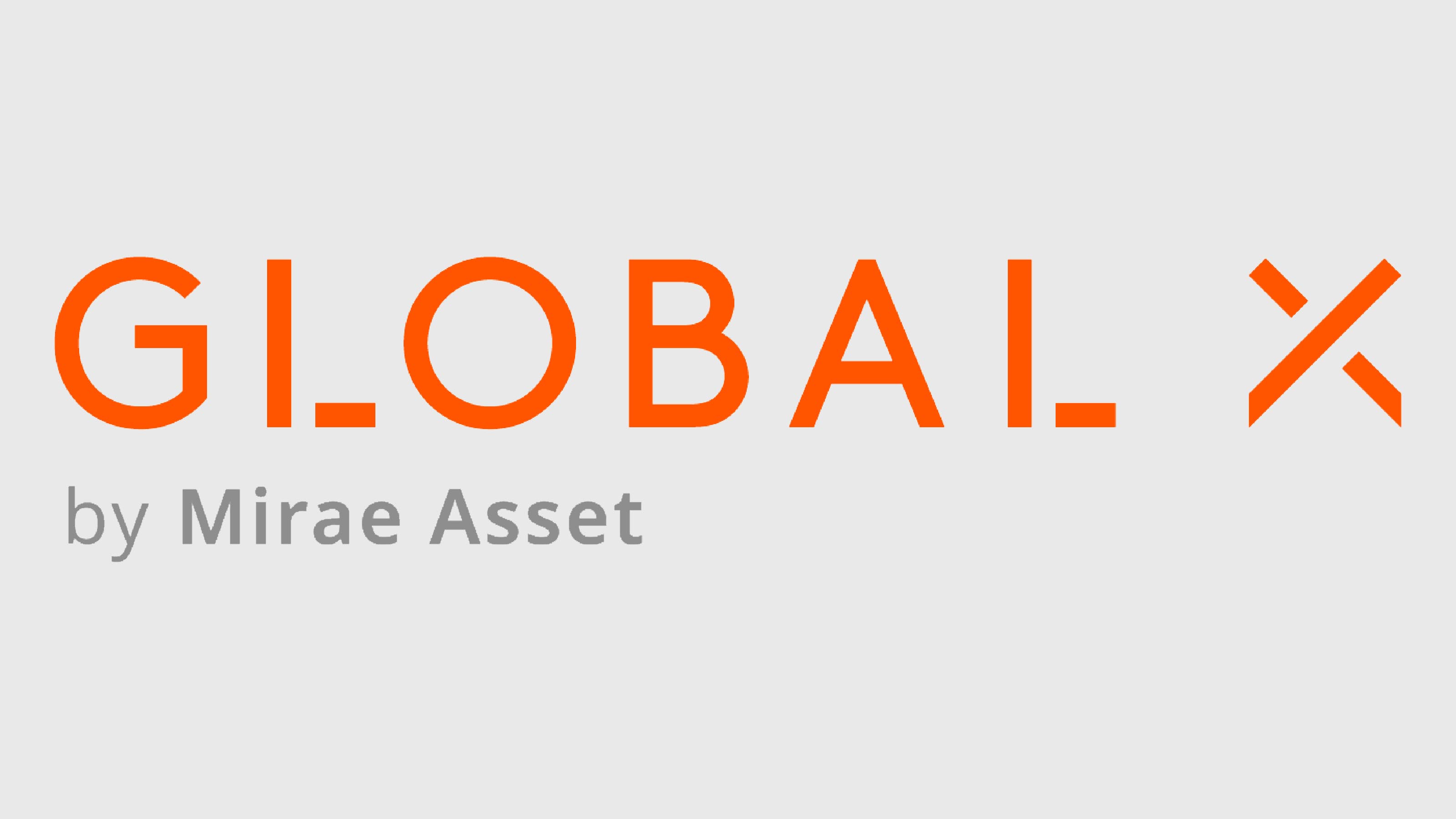
Global X Conscious Companies ETF
- Assets under management: $443.4 million
- Expenses: 0.43%
Who better to do an ESG fund than Global X, one of the most innovative ETF providers in the country? After all, the company's overarching theme is "Beyond Ordinary ETFs."
Global X Conscious Companies ETF (KRMA, $30.28) got its start in July 2016. And like many ESG ETFs, it didn't start to gain real traction until the past couple of years, and now boasts a respectable $443.4 million in assets.
The ETF tracks the performance of the Concinnity Conscious Companies Index, which provides exposure to companies that deliver positive outcomes to customers, suppliers, stock and debt holders, local communities, and employees.
An essential distinction between many ESG-type funds and KRMA is that it tracks an index where companies can earn their way in. It doesn't exclude companies merely because they participate in a so-called "dirty" industry such as firearms or tobacco.
Global X has found that 70% of KRMA's past outperformance has to do with stock selection. Only 30% is related to the sectors represented by those selections. It continues to demonstrate that companies with good values and a multi-stakeholder operating system are likely to outperform those that aren't as motivated by values.
At present, the ETF has 165 holdings, with the top 10 accounting for 19.9% of the portfolio's total assets. Many of the top 10 are familiar faces, with Apple (AAPL), Microsoft, and Amazon.com (AMZN) holding down the top three positions.
The ETF is equal-weighted, reconstituted once a year in October, and rebalanced quarterly. Holdings below a market cap of $1.5 billion are removed from the index at the next rebalancing. The same is true if they fail to live up to their responsibility to deliver positive outcomes to the five stakeholders mentioned in the beginning.

iShares ESG U.S. Aggregate Bond ETF
- Assets under management: $1.2 billion
- Expenses: 0.10%*
ESG isn't just for stock holders. Fixed-income investors can allocate responsibly via funds such as the iShares ESG U.S. Aggregate Bond ETF (EAGG, $54.80) might become even more popular with investors.
The EAGG tracks the performance of the Bloomberg Barclays MSCI US Aggregate ESG Focus Index, which invests in U.S. dollar-denominated, investment-grade bonds issued by companies deemed by MSCI ESG Research to have favorable environmental, social and corporate governance practices.
Like many ESG ETFs, iShares' bond offering is a youngster, getting its start in October 2018. But it's doing a fantastic job of attracting assets, eclipsing the $1 billion mark.
EAGG's roughly 3,400 holdings include a large slab of U.S. Treasury bonds (37%), as well as large weightings in corporate bonds (27%) and mortgage-backed securities (26%). The portfolio has an effective duration – a measure of sensitivity to interest rates – of 6.3 years. This means if interest rates rise by 1 percentage point, the fund should lose 6.3% of its value. The average weighted maturity of EAGG's bonds is close to eight years, which is considered intermediate-term.
This fairly high-credit-quality fund offers a modest 1.1% yield.
* Includes a 1-basis-point fee waiver good through June 30, 2024.
Profit and prosper with the best of Kiplinger's advice on investing, taxes, retirement, personal finance and much more. Delivered daily. Enter your email in the box and click Sign Me Up.

Will has written professionally for investment and finance publications in both the U.S. and Canada since 2004. A native of Toronto, Canada, his sole objective is to help people become better and more informed investors. Fascinated by how companies make money, he's a keen student of business history. Married and now living in Halifax, Nova Scotia, he's also got an interest in equity and debt crowdfunding.
-
 Dow Leads in Mixed Session on Amgen Earnings: Stock Market Today
Dow Leads in Mixed Session on Amgen Earnings: Stock Market TodayThe rest of Wall Street struggled as Advanced Micro Devices earnings caused a chip-stock sell-off.
-
 How to Watch the 2026 Winter Olympics Without Overpaying
How to Watch the 2026 Winter Olympics Without OverpayingHere’s how to stream the 2026 Winter Olympics live, including low-cost viewing options, Peacock access and ways to catch your favorite athletes and events from anywhere.
-
 Here’s How to Stream the Super Bowl for Less
Here’s How to Stream the Super Bowl for LessWe'll show you the least expensive ways to stream football's biggest event.
-
 Best Mutual Funds to Invest In for 2026
Best Mutual Funds to Invest In for 2026The best mutual funds will capitalize on new trends expected to emerge in the new year, all while offering low costs and solid management.
-
 The 24 Cheapest Places To Retire in the US
The 24 Cheapest Places To Retire in the USWhen you're trying to balance a fixed income with an enjoyable retirement, the cost of living is a crucial factor to consider. Is your city the best?
-
 Smart Ways to Invest Your Money This Year
Smart Ways to Invest Your Money This YearFollowing a red-hot run for the equities market, folks are looking for smart ways to invest this year. Stocks, bonds and CDs all have something to offer in 2024.
-
 Vanguard's New International Fund Targets Dividend Growth
Vanguard's New International Fund Targets Dividend GrowthInvestors may be skittish about buying international stocks, but this new Vanguard fund that targets stable dividend growers could ease their minds.
-
 Best 401(k) Investments: Where to Invest
Best 401(k) Investments: Where to InvestKnowing where to find the best 401(k) investments to put your money can be difficult. Here, we rank 10 of the largest retirement funds.
-
 7 Best Stocks to Gift Your Grandchildren
7 Best Stocks to Gift Your GrandchildrenThe best stocks to give your grandchildren have certain qualities in common. Here, we let you know what those are.
-
 How to Find the Best 401(k) Investments
How to Find the Best 401(k) InvestmentsMany folks are likely wondering how to find the best 401(k) investments after signing up for their company's retirement plan. Here's where to get started.
-
 How to Master Index Investing
How to Master Index InvestingIndex investing allows market participants the ability to build their ideal portfolios using baskets of stocks and bonds. Here's how it works.
